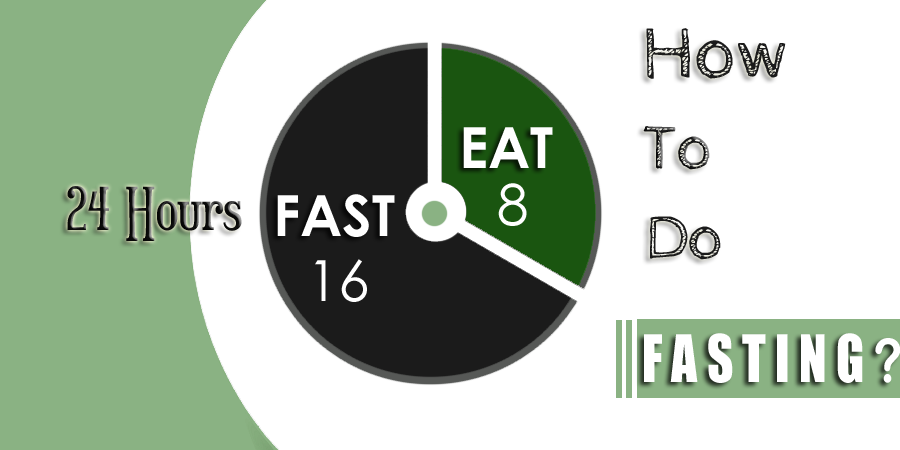Fasting: What You Should Know
Fasting is a method of abstaining from eating for a set period of time. It is an ancient method of healthy livelihood practiced by ancestors in India for centuries. It can have various health benefits when done in a thoughtful and controlled manner. The key to successful fasting is balance and consistency. What works for one person may not work for another, so it’s important to find an approach that fits your individual needs and lifestyle.
Here are some general guidelines for practicing fasting in a healthy way.
1. Choose the Right Type of Fasting:
Intermittent Fasting (IF): This involves cycling between periods of eating and fasting. Common methods include the 16/8 method (16 hours of fasting, 8 hours of eating) or the 5:2 method (eating normally for five days and significantly reducing calorie intake on two non-consecutive days).
Time-Restricted Eating: Limit your daily food intake to a specific time window, such as eating only between 12:00 pm and 8:00 pm.
2. Stay Hydrated:
Stay hydrated by drinking plenty of water during fasting periods. Herbal teas and black coffee are also often allowed during fasting.
3. Nutrient-Rich Foods:
When you do eat, focus on nutrient-dense foods. Incorporate a variety of fruits, vegetables, lean proteins, and whole grains into your daily diet.
4. Avoid Overeating:
After a fasting period, be mindful of not overeating when you break your fast. Start with smaller portions and eat slowly to allow your body to adjust.
How Dangerous Is Maida Flour?5. Listen to Your Body:
Take note of hunger and fullness cues. If you’re feeling unwell or extremely hungry, it might be a sign that fasting isn’t right for you.
6. Gradual Approach:
If you’re new to fasting, consider starting gradually. For example, begin with a 12-hour fast and gradually extend the fasting window as your body adapts.
7. Balanced Diet:
When you eat, make sure your meals are well-balanced and provide a mix of carbohydrates, proteins, and healthy fats.
8. Monitor Your Health:
Regularly check in with your healthcare provider, especially if you have underlying health conditions or are taking medications.
Rice Water for strong hair !!!9. Be Flexible:
Fasting doesn’t need to be rigid. It’s okay to adapt your fasting schedule based on your lifestyle and needs.
10. Avoid Fasting for Certain Populations:
Pregnant or breastfeeding women, children, individuals with a history of eating disorders, and those with certain medical conditions should avoid fasting or do so under strict medical supervision.
IMPORTANT NOTE:
It’s very important to note that fasting may not be suitable for everyone, and consulting with a healthcare professional before starting any fasting regimen is advised, especially for individuals with pre-existing medical conditions. Remember, Before making significant changes to your diet or exercise routine, always consult with a healthcare professional.
How to get rid of insomnia?TAGS :
